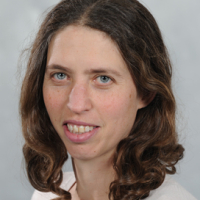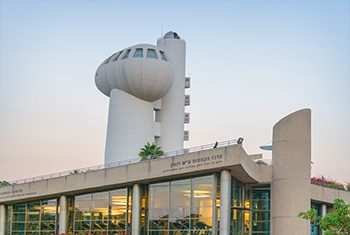Researchers at the Weizmann Institute of Science are harnessing the power of microbial diversity to develop new drugs, understand trends in global ecology, study the surprising roles of microbes in chemotherapy-resistant cancer, provide solutions to malaria, and address the global food crisis.
While microbes often face a negative reputation among humans, a new discipline in the microbiology field views them as an asset that can solve many challenges we are currently facing.
The Knell Family Center for Microbiology supports Weizmann scientists as they uncover the basic biological tools necessary toward improving human health and environmental sustainability.


